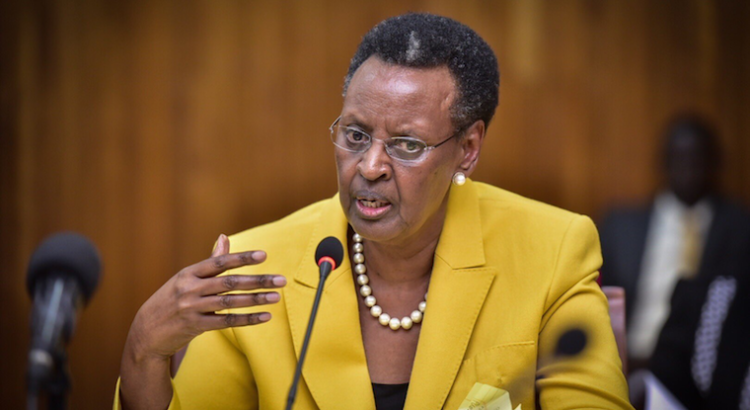COVID-19: 82% of Ugandan students unable to get online
- Written by URN
In Uganda, where more than 15 million learners were affected by the lockdown, nearly 90 per cent do not have household computers while 82 per cent are unable to get online.
The record shows that although having a mobile phone can support young learners, in accessing information or connecting with their teachers, many learners in sub-Saharan Africa live in areas that are not served by mobile networks.
Teachers also are struggling with the rapid transition to online learning, even those in countries with reliable infrastructure and household connectivity. They also need to be trained to deliver distance and online education. Again, countries in sub-Saharan Africa face the greatest challenges.
“While efforts to provide connectivity to all must be multiplied, we now know that continued teaching and learning cannot be limited to online means”, UNESCO director general Audrey Azoulay said and observed a need to support other alternatives including the use of community radio and television broadcasts, and creativity in all ways of learning, in order to lessen already existing inequalities.
Early this week, Education minister Janet Museveni announced that the government had produced a framework to provide continuity for learning, as the country remains under lockdown.
Part of the plan was to deliver lessons through radio’s and television and delivering pre-recorded learning materials to learners through the local government.
Fuente de la Información: https://observer.ug/education/64487-covid19-82-of-ugandan-students-unable-to-get-online







 Users Today : 37
Users Today : 37 Total Users : 35460420
Total Users : 35460420 Views Today : 76
Views Today : 76 Total views : 3419239
Total views : 3419239